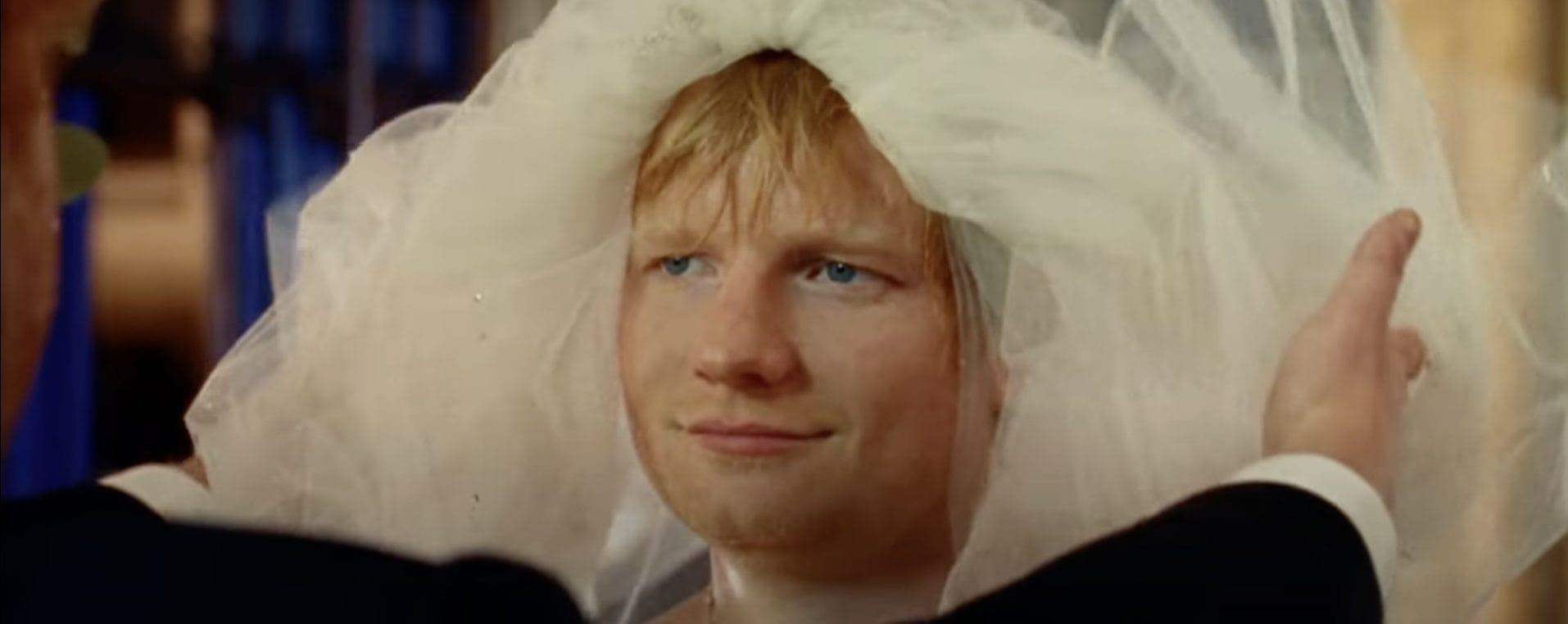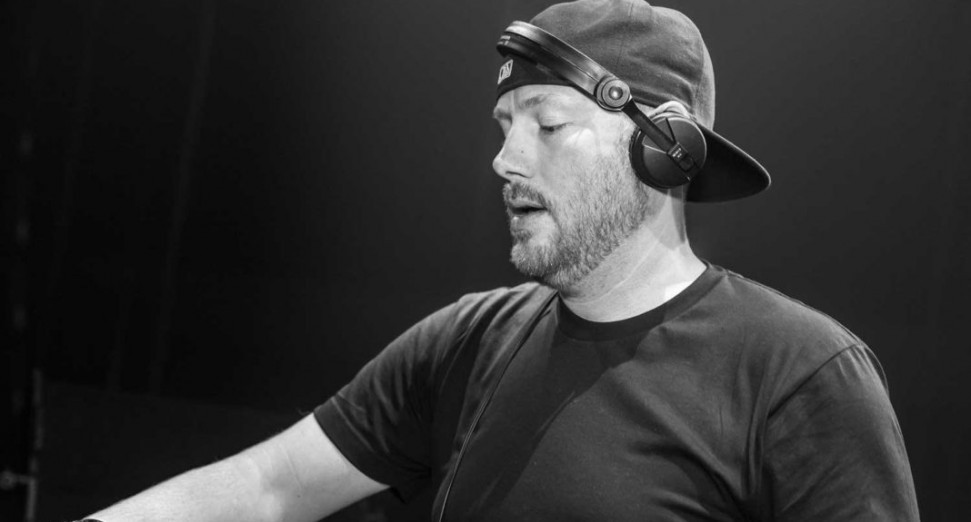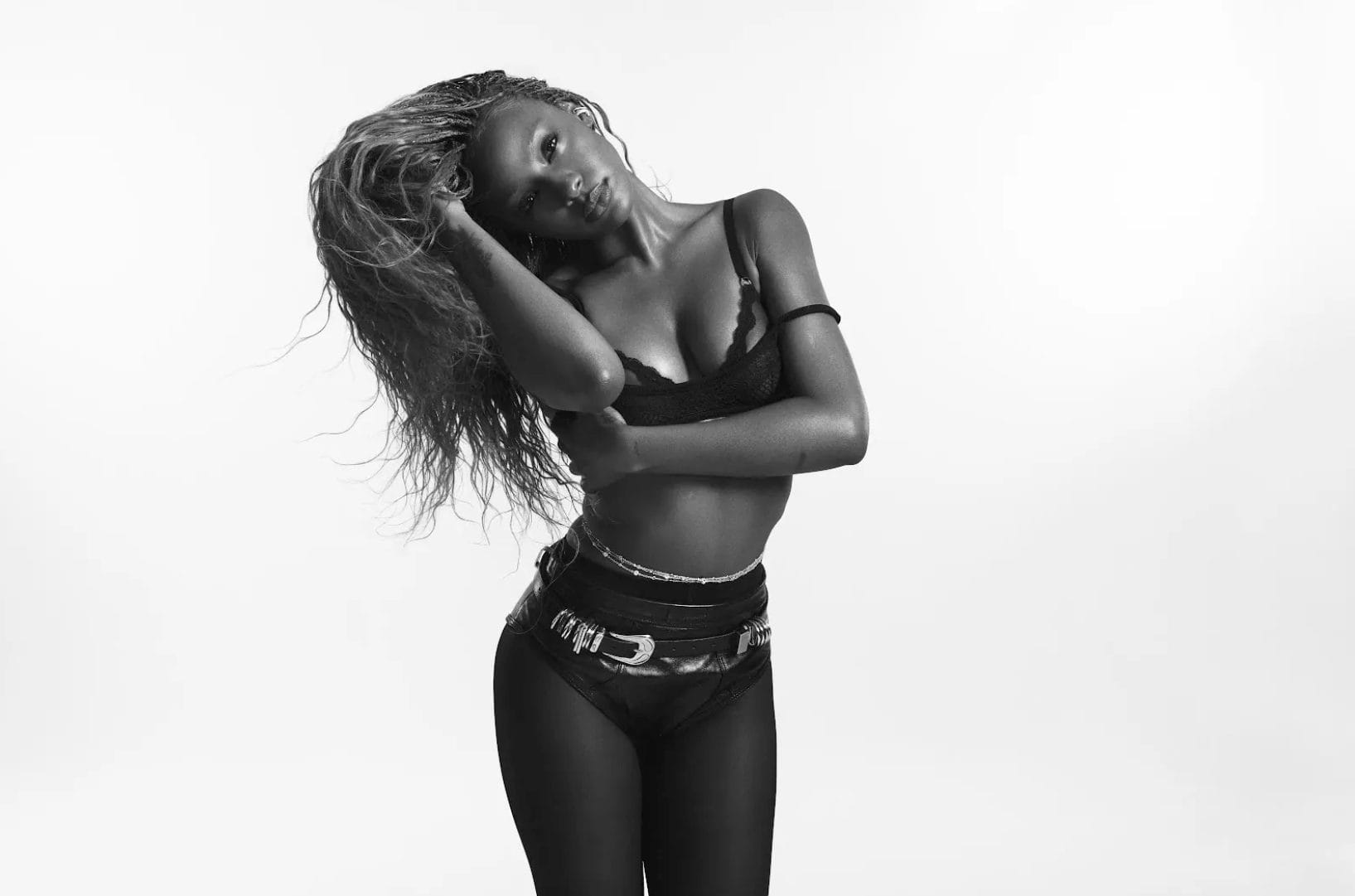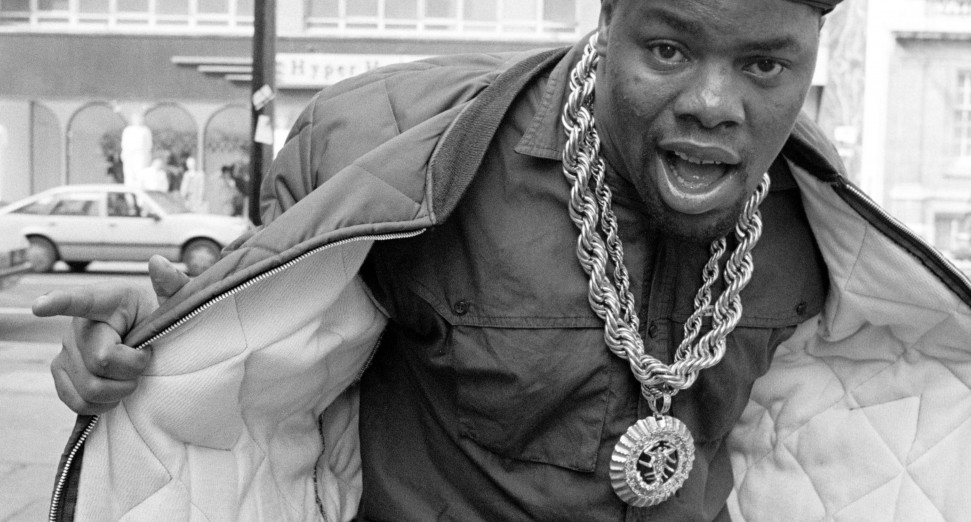
Ed Sheeran A Little Bit More Lyrics And Meaning: How Loss Brings Both Freedom and Anger
Credit: “A Little More” music video by Ed Sheeran, directed by Emil Nava, produced by Ammolite Machine, Atlantic Records UK. Official video premiered on Ed Sheeran’s YouTube channel. Screenshot used under fair use for commentary (video embedded as well below)
When Ed Sheeran released “A Little Bit More,” it quickly became a powerful statement about complicated emotions in broken relationships. The song’s raw lyrics capture a mix of anger, regret, and relief that many listeners found deeply relatable. I’ve long enjoyed studying English literature and creative writing, and this track offers a chance to dig beneath the surface, to explore how Sheeran’s words fit into a broader tradition of storytelling about pain, healing, and emotional conflict. These are just my own opinions, but I want to shed light on what this song might mean on a deeper, more timeless level.
Adding to the song’s impact is the chaotic and playful music video starring Rupert Grint, who reunited with Sheeran after 14 years since their iconic “Lego House” video. Grint plays a man haunted by Sheeran’s presence everywhere he goes, capturing the song’s theme of emotional obsession and inescapable memories.
Sheeran’s choice to combine humor, surrealism, and raw emotion in the video makes the song’s emotional weight even clearer. It’s a great excuse to stretch the literary comparisons and really see what modern fiction, fantasy, and literary history can tell us about the timeless feelings in “A Little Bit More.” Through this lens, I hope to offer a thoughtful reading that connects the song’s personal pain with universal themes found across storytelling traditions.
“You think I was born to ruin your life / But you did most of that before I arrived”
Right from the start, the speaker is pushing back against being blamed for all the problems. They make it clear that the other person already caused a lot of damage before the speaker even came along. This shows the speaker knows their own story and isn’t going to take the blame unfairly.
This idea of inherited pain is something Anne Sexton writes about in her poem “The Truth the Dead Know.” Sexton says, “The dead know / The truth we do not.” That means the pain from family history is hidden but very real. The speaker in the song is facing that truth—they know the other person’s past caused harm long before their part in the story.
I believe this shows the complicated way pain passes down through families or relationships. The speaker is saying, “Don’t blame me for everything. You brought some of this damage with you.” This sets the stage for the whole song, where the speaker wants to explain what really went wrong.
“I wish I didn’t care this much, but I do / No one knows the half of it, what you put me through”
Here the speaker reveals a big struggle. They want to stop caring because it hurts so much, but they just can’t. This shows how deep the pain goes, even when they want to protect themselves by letting go.
Muriel Rukeyser’s poem “The Book of the Dead” helps us understand this feeling. She writes, “This is the book of the dead / What we have lost, what we have forgotten.” Like the speaker, Rukeyser’s poem reminds us that some pain stays hidden, but it shapes everything. The speaker in the song is saying, “You don’t know all I’ve been through, but it’s real.”
This also shows how hard it is to balance anger with care. The speaker cares enough to feel hurt, but that care also makes it harder to move on. It’s a tricky and painful place to be.
“I used to love you / Now every day I hate you just a little more”
This is the heart of the song. The speaker explains how their feelings changed over time. They once loved this person, but now they feel more and more hate every day. The hatred doesn’t come all at once; it grows slowly and steadily.
Anne Sexton once said, “Love is a battle, love is a war; / Love is a growing up.” That fits this lyric perfectly. Love isn’t always simple or happy—it can hurt and change as people grow. The speaker is showing how love can turn into pain when a relationship is broken.
This also tells us something important: even though the speaker hates the other person now, the love they had wasn’t fake. It’s real, but it changed because of what happened. That makes the hate more complicated.
“I wish that you would look in the mirror ’cause, if you did / You’d see the problem is you ’cause you’re a prick”
At this point, the speaker stops holding back. They want the other person to see themselves clearly and take responsibility. The speaker is done covering for them or pretending things are okay.
Adrienne Rich’s poem “Diving into the Wreck” talks about facing the truth head-on. She says, “I am the one who found the damage.” The speaker in the song is like that—they are facing the real problem and naming it. The problem is not the speaker but the other person.
This shows how important it is to be honest about what went wrong, even when it hurts. The speaker isn’t willing to accept blame they don’t deserve. This honesty is part of their healing.
“And, one day, we’ll all be dead / But, between now and then / I never want to see you again”
This lyric is very clear about cutting ties. The speaker knows life is short but chooses to stay away from the other person. It’s a strong choice to protect themselves from more pain.
Muriel Rukeyser reminds us that “No forgiveness without memory.” The speaker isn’t ready to forgive because the hurt is too deep and still present. Instead, they choose to stay apart.
This is a hard but honest way to deal with a broken relationship. The speaker is saying, “I’m done. For my own good, I need distance.”
“Wish I could say, ‘I wish you the best,’ but I don’t”
Finally, the speaker makes it clear they can’t fake kindness or good wishes. They want to be honest about how much the pain still affects them.
Anne Sexton says, “There is no peace / Only the truth.” This line helps us understand the speaker’s refusal to pretend everything is okay. They want truth, even if it’s painful.
This honesty is a powerful way to end the song. The speaker isn’t pretending to have moved on fully, and that makes the song feel real and true.
Connecting It All Together
When I listen to the lyrics of “A Little Bit More,” what stands out to me is the raw emotional complexity. Ed Sheeran sings about a relationship where love has clearly faded, replaced by growing resentment—but it’s not sudden. The line “I used to love you / Now every day I hate you just a little more” hits hard because it captures how feelings can slowly shift over time, not in a single moment. That kind of emotional buildup isn’t always neat or simple. From what Sheeran has said about the song, it came from a very personal place, something bare and exposed, which explains why so many listeners connect with it.
The music video with Rupert Grint, chaotic and surreal as it is, reflects this emotional mess—how the past can haunt you no matter how much you try to move on.
What I find especially interesting is how the song acknowledges pain that’s inherited or carried over from the other person’s history. The speaker sings, “Blame it on your history / And say it’s not your fault,” which feels like an attempt to understand where some of the hurt comes from, even if it doesn’t excuse it. That line made me think of Anne Sexton’s “The Truth the Dead Know,” where she writes, “The dead know / The truth we do not.” Sexton’s work often dives into the invisible, inherited wounds families pass down quietly.
It’s a way to recognize that some damage is buried deep, shaping people before they even realize it. Sheeran’s song lives in that same space—recognizing the complexity behind the anger and pain.
Then there’s the speaker’s refusal to sugarcoat what’s broken. When Ed sings about locking the door and throwing apologies in the bin, it reminds me of Adrienne Rich’s “Diving into the Wreck.” Rich talks about going deep to face the damage, saying, “I am the one who found the damage.” The speaker in the song is doing the same—they’re done pretending the other person isn’t the source of pain.
And Muriel Rukeyser’s “The Book of the Dead” comes to mind with its reminder, “No forgiveness without memory.” This isn’t about making peace quickly or easily. It’s about naming the truth, holding onto it, and protecting yourself before healing can start. Given how Sheeran’s music video shows a man haunted by memories of the past, the song fits perfectly into this idea of carrying pain and needing distance to survive.



